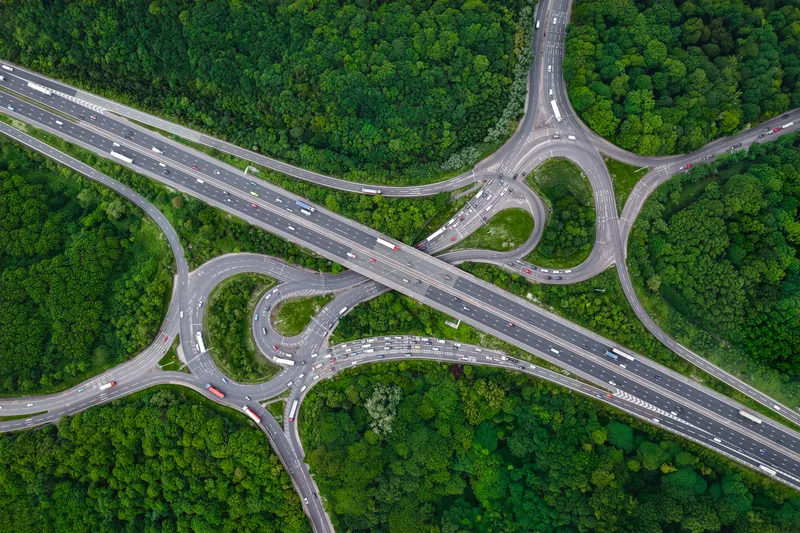Another stage has been reached in the informal negotiations between the European Parliament, the European Commission and the Council to revise the Eurovignette Directive.
The Directive involves charging heavy goods vehicles for the use of certain infrastructures, and an informal compromise has to be endorsed by the European Parliament and Council.
May 10, 2012
Read time: 2 mins
Another stage has been reached in the informal negotiations between the European Parliament, the
The Directive involves charging heavy goods vehicles for the use of certain infrastructures, and an informal compromise has to be endorsed by the European Parliament and Council.
However, the
Meanwhile,
At its 39th ASECAP Study and Information Days in Brussels, Belgium, where about 250 road transport experts gathered, the strategic paper was presented in the European Parliament and submitted to Saïd El Khadraoui, Member of the European Parliament and rapporteur on the revision of the Eurovignette Directive, and to Carlo Des Dorides, executive director of the European GNSS Agency.
“It is a strong signal from the tolled motorway operators to the European institutions, fully in line with the ambitions of the European Commission’s White Paper (Roadmap to a Single European Transport Area – Towards a competitive and Resource Efficient Transport System),” says ASECAP.
“The European tolled motorway operators demonstrate their full support for long-term infrastructure financing planning based on the user-payer and
polluter-payer principles. They reassert their strong commitment to reinvest tolling revenues in the motorway network.”
Klaus Schierhackl, chief financial officer at









